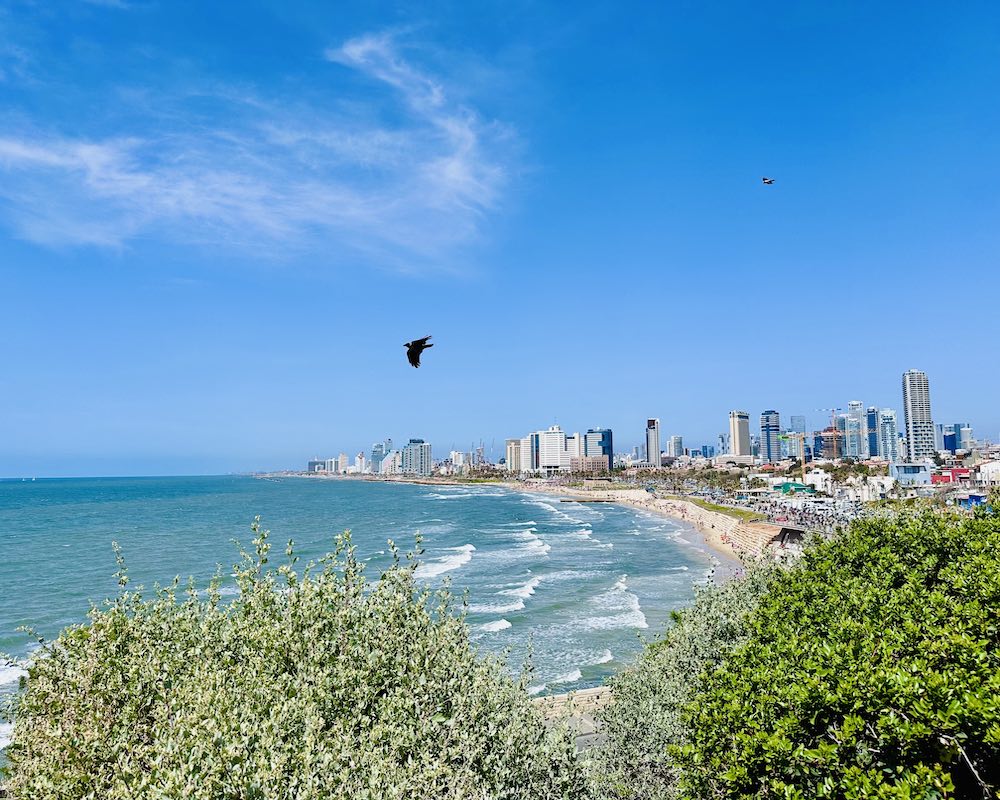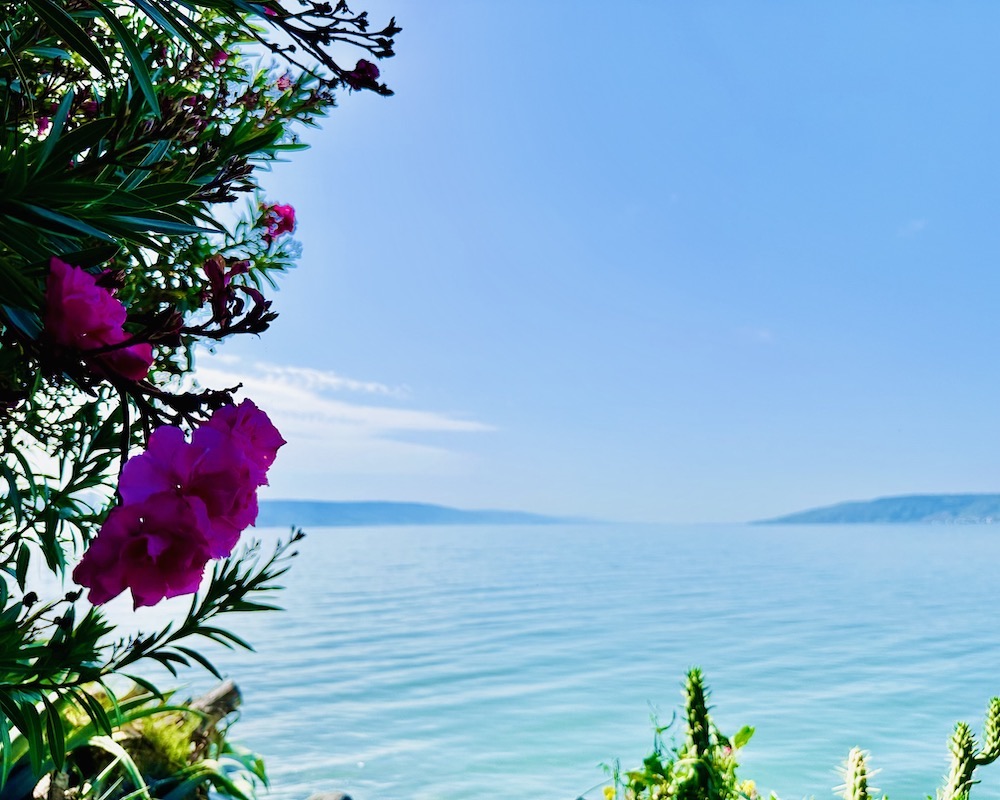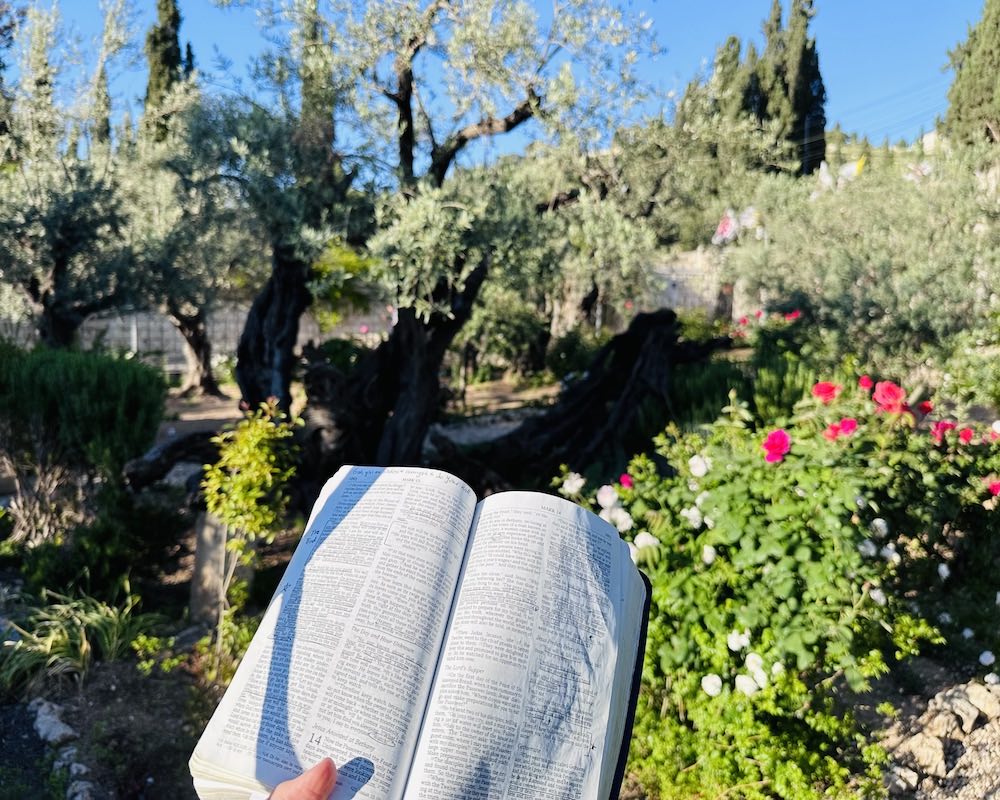
It’s probably the #1 question you’ll be asked when you start to tell people you’re planning a trip to Israel: “Is it safe?” And then they’ll ask, “Aren’t you afraid?” And finally, the incredulous, “I would never go there!”
The good thing is the those who are afraid don’t have to go, but they don’t have to ruin your trip of a lifetime either! But the question remains: Is it safe?
The short answer is: Yes!
The comprehensive answer is more complicated than that. Yes, Israel is safe for tourists to visit. The general media makes it their business to play up any conflict, anywhere in the world, especially anywhere in the Middle East. And while it’s true that the Israeli-Palestinian conflict has been ongoing for decades – and yes, there are still some acts of terror or provocation – Israel and the West Bank are remarkably safe to visit.
Israel does security incredibly well. Every Israeli citizen – men and women, with a few exceptions – has to serve in the Israeli Defense Forces (IDF). That means almost every adult citizen walking around has not only served, but they also know exactly what to do in case of an emergency. The IDF is also one of the most well-trained military forces in the world, with the most hands-on experience as well. Along the same lines, the IDF does not hesitate to defend itself and fire back as needed to protect everyone within Israel’s borders.
Also reassuring is the fact that both Israel and the Palestinian Authority depend on tourism from the same groups of people. Putting tourists in the crossfire doesn’t serve anyone, and neither side wants to harm visitors. You will certainly be safe with a tour group, even a small or private one, or under the care and logistical guidance of a good tour operator in Israel. If you’re traveling on your own, you’ll also be perfectly safe if you just follow the rules and laws and don’t wander into areas where the government doesn’t permit or recommend that you go.
Just to put it in perspective, it’s so much less common to hear about a tourist in Israel or the West Bank being injured or killed than it is to hear about it in New York, D.C., Chicago, L.A., or any other major American or European city. That almost sounds ridiculous, but any way you look at the numbers, that is a fact. You wouldn’t hesitate to go to any of those cities if you wanted to, so you also don’t need to hesitate to visit Israel either.




